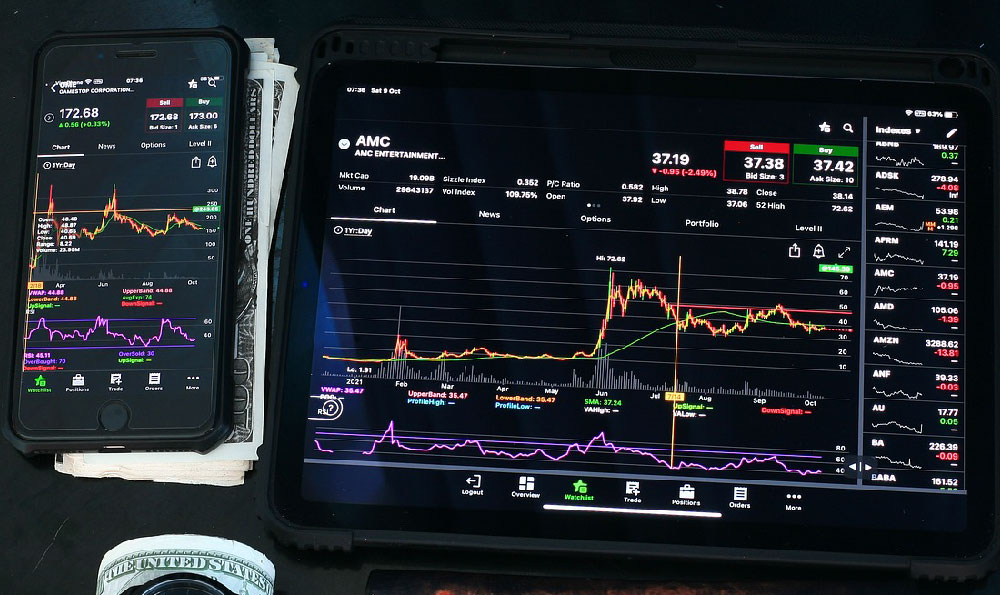Navigating the crypto landscape demands more than just understanding blockchain technology and market volatility; it requires a meticulous approach to compliance. The digital asset ecosystem is rapidly evolving, and regulatory bodies worldwide are scrambling to keep pace, leading to a complex web of laws and guidelines that investors and businesses alike must navigate. Staying compliant isn't just about avoiding penalties; it's about ensuring the long-term viability and legitimacy of your crypto endeavors. But with the constant flux in regulations and the sheer volume of transactions occurring on various blockchains, how can anyone realistically hope to stay compliant? The answer lies in leveraging specialized tools and understanding the core principles of crypto compliance.
The cornerstone of crypto compliance rests upon robust Know Your Customer (KYC) and Anti-Money Laundering (AML) procedures. These are not merely bureaucratic hurdles; they are critical safeguards against illicit activities like money laundering, terrorist financing, and sanctions evasion. Traditionally, KYC/AML processes involved manual verification of documents and cross-referencing databases. However, the scale and speed of crypto transactions necessitate automated solutions.
One crucial tool for achieving KYC/AML compliance is a dedicated crypto transaction monitoring platform. These platforms leverage advanced algorithms and machine learning to analyze transaction patterns, identify suspicious activity, and generate alerts. They can flag transactions involving high-risk addresses, unusual transaction volumes, or connections to known illicit actors. Some platforms even offer real-time monitoring, allowing you to intervene immediately when potentially problematic transactions occur. Choosing the right platform involves considering factors like the range of cryptocurrencies supported, the accuracy of its risk scoring, its integration capabilities with existing systems, and its compliance with relevant regulations like the Travel Rule. The Travel Rule, in particular, mandates that virtual asset service providers (VASPs) share information about the originator and beneficiary of crypto transactions exceeding a certain threshold, mirroring traditional banking regulations.

Beyond transaction monitoring, identity verification tools are essential for onboarding new users and verifying their identities. These tools typically involve biometric verification, document scanning, and database checks to ensure that users are who they claim to be. Integration with global sanctions lists and politically exposed persons (PEP) databases is also crucial to prevent dealing with individuals or entities subject to sanctions or those considered high-risk due to their political affiliations. The key here is to implement a tiered approach to identity verification, where the level of verification required depends on the user's activity and risk profile.
Another often overlooked aspect of crypto compliance is data privacy. The General Data Protection Regulation (GDPR) and other privacy laws place strict requirements on how personal data is collected, stored, and processed. Crypto platforms must ensure that they are compliant with these regulations, which often involves implementing data encryption, anonymization techniques, and providing users with control over their data. Privacy-enhancing technologies (PETs), such as zero-knowledge proofs and secure multi-party computation, can play a significant role in achieving both compliance and user privacy. These technologies allow you to verify information without revealing the underlying data, preserving user privacy while still satisfying regulatory requirements.
Tax compliance is yet another critical area that requires careful attention. Depending on the jurisdiction, crypto transactions may be subject to capital gains taxes, income taxes, or other forms of taxation. Tracking crypto transactions for tax purposes can be challenging, especially given the decentralized nature of the ecosystem. Fortunately, specialized crypto tax software can automate this process by importing transaction data from various exchanges and wallets and calculating tax liabilities based on applicable regulations. These tools can also generate reports that can be used to file tax returns. The selection of a tax compliance tool should be based on the jurisdictions where you are required to file taxes, the types of crypto assets you hold, and the complexity of your transaction history.
Beyond specific tools, cultivating a culture of compliance within your organization is paramount. This involves training employees on regulatory requirements, implementing robust internal controls, and establishing clear policies and procedures. A dedicated compliance officer can play a vital role in overseeing compliance efforts, staying abreast of regulatory changes, and ensuring that the organization is adhering to best practices. Regular audits and risk assessments can also help identify potential vulnerabilities and ensure that compliance measures are effective. Furthermore, staying informed about the latest regulatory developments is crucial. Regulatory bodies worldwide are constantly updating their guidance on crypto compliance, and it is important to stay abreast of these changes to ensure that your compliance program remains up-to-date. Subscribing to industry newsletters, attending webinars, and engaging with legal and regulatory experts can help you stay informed.
Finally, recognize that compliance is not a one-size-fits-all endeavor. The specific tools and procedures that you need will depend on your specific circumstances, including the types of crypto assets you deal with, the jurisdictions in which you operate, and the nature of your business. Consider seeking guidance from legal and regulatory experts to develop a compliance program that is tailored to your specific needs. While the initial investment in these tools and processes may seem significant, the long-term benefits of staying compliant far outweigh the costs. By embracing a proactive and comprehensive approach to crypto compliance, you can protect your assets, maintain your reputation, and ensure the long-term viability of your crypto ventures.












